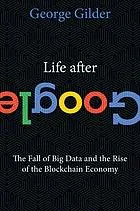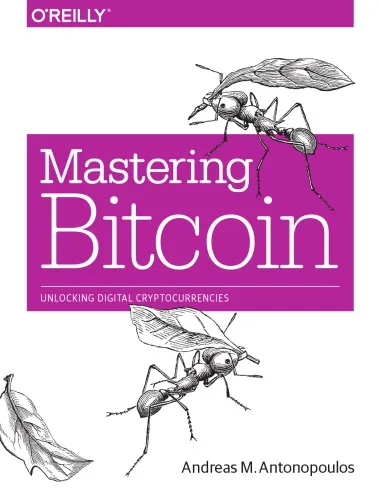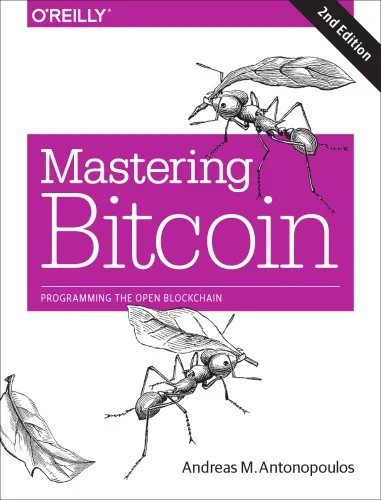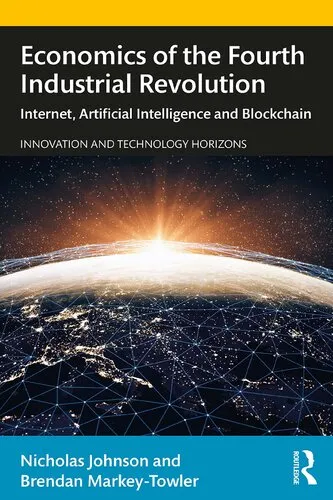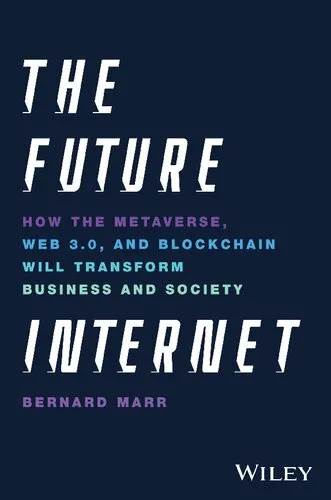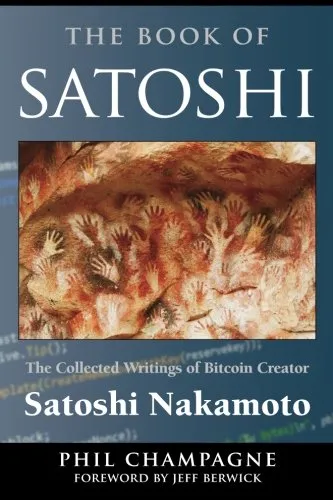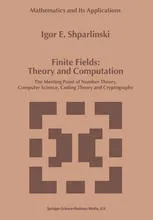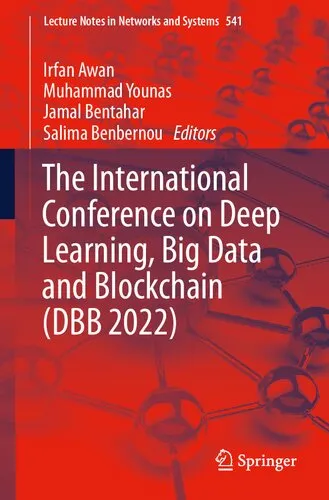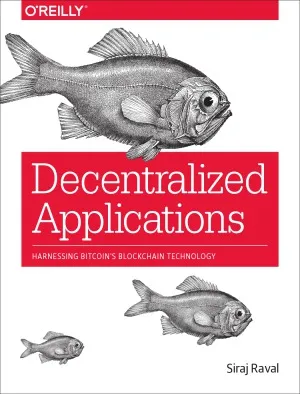Life after Google : the fall of big data and the rise of the blockchain economy
4.0
Reviews from our users

You Can Ask your questions from this book's AI after Login
Each download or ask from book AI costs 2 points. To earn more free points, please visit the Points Guide Page and complete some valuable actions.Related Refrences:
Welcome to Life After Google: The Fall of Big Data and the Rise of the Blockchain Economy, a visionary work by bestselling author George F. Gilder. This groundbreaking book challenges the very foundations of our digital economy, examining the dominance of big data and centralized technology platforms. By introducing readers to the revolutionary potential of blockchain technology, Gilder paints a compelling picture of a future where centralized control dissolves into a decentralized and more secure digital ecosystem. Lavishly researched and insightfully narrated, this book offers a bold and enlightening perspective on the technological, economic, and philosophical revolutions shaping our modern world.
Detailed Summary of the Book
In Life After Google, George Gilder critiques what he calls the “Google model,” a system where centralized, free, and advertising-funded platforms dominate the internet. He argues that such a model is deeply flawed because it prioritizes surveillance, captures user data, and is unsustainable in the long run. Gilder pinpoints Google’s key assumptions—free services, centralized control of data, and reliance on artificial intelligence (AI)—as the root causes of this unsustainability. He asserts that these principles inevitably lead to inefficiencies, vulnerabilities, and breaches of trust.
At the heart of this critique lies his celebration of blockchain technology, a revolutionary framework that champions decentralization, cryptographic security, and individual sovereignty. Blockchain, according to Gilder, has the potential to disrupt this flawed “big data” model by putting users back in control of their identities, data, and transactions. The book delves into blockchain’s potential to underpin a new internet economy driven by trust, transparency, and computational integrity.
The book also explores key philosophical themes, including the nature of knowledge, the limits of artificial intelligence, and the fallacy of a technocratic elite controlling human progress. Gilder discusses how blockchain solutions—such as Bitcoin, Ethereum, and other decentralized platforms—are at the forefront of creating new paradigms in digital security, identity management, and economic systems.
Fundamentally optimistic in tone, Life After Google argues that the centralized ad-driven internet is on the brink of disruption, and its successor—a decentralized, blockchain-powered economy—will usher in a new era of creativity, innovation, and individual empowerment.
Key Takeaways
- The centralized big data model, championed by tech giants like Google, is unsustainable and vulnerable to collapse.
- Blockchain technology is poised to revolutionize the way we interact with the internet by decentralizing data and empowering individuals.
- Artificial intelligence, while impressive, has limitations and cannot replace human creativity or intelligence.
- The future of the internet lies in trust-based systems that prioritize security, personal ownership, and decentralized computation.
- Economic and societal progress comes from decentralization, innovation, and collaboration rather than monopolistic control.
Famous Quotes from the Book
"The blockchain is the new architecture of truth."
"Wealth is knowledge and growth is learning."
"Security is not a procedure or a mechanism; it is an architecture."
"Google’s world of free is a costly trap in which creativity becomes the art of the scam."
Why This Book Matters
Life After Google is more than just a commentary on the failures of Silicon Valley’s dominating players. It is a blueprint for what comes next in our digital evolution. The book highlights the critical challenges of centralized systems, such as data breaches, privacy infringements, and monopolistic tendencies. It also provides readers with a deep understanding of why decentralization is vital for the progress of our global economy and society.
Gilder’s exploration of blockchain and its transformative potential is both timely and necessary as we navigate an era of rapid technological advancement. By addressing not only the technical but also the philosophical implications of this shift, the book challenges readers to rethink their preconceptions about technology and its role in society. For entrepreneurs, technologists, economists, and curious readers alike, this work is an essential guide to understanding how blockchain could redefine the architecture of the internet—and the very foundations of human trust and collaboration.
Free Direct Download
You Can Download this book after Login
Accessing books through legal platforms and public libraries not only supports the rights of authors and publishers but also contributes to the sustainability of reading culture. Before downloading, please take a moment to consider these options.
Find this book on other platforms:
WorldCat helps you find books in libraries worldwide.
See ratings, reviews, and discussions on Goodreads.
Find and buy rare or used books on AbeBooks.
